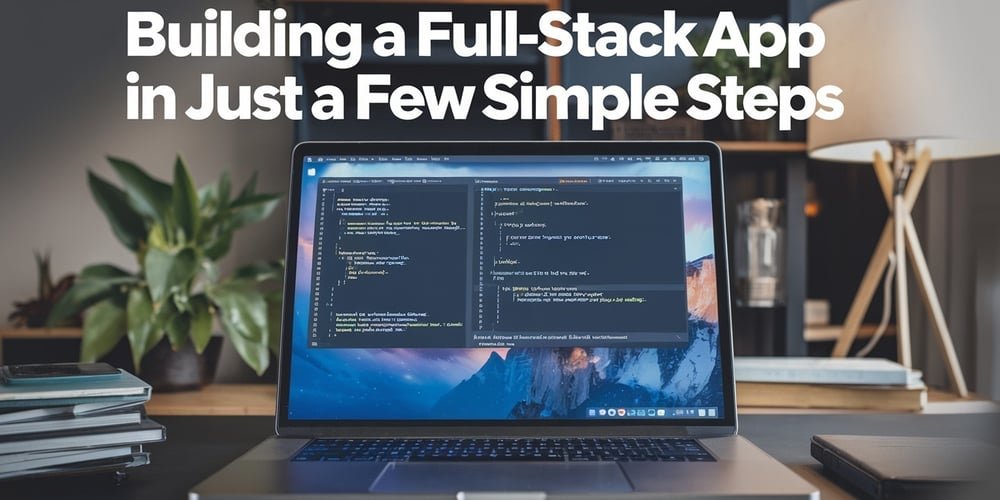In today’s fast-paced world of web development, the ability to quickly deploy powerful and scalable backend API services is more important than ever. This guide will walk you through the process of building a powerful backend API service using a stack of cutting-edge technologies: Cloudflare Pages, D1 Database, Next.js, and Drizzle ORM.
Whether you’re an experienced developer looking to streamline your workflow, or a newbie eager to dive into modern web development, this tutorial will provide you with a clear, step-by-step approach to easily create a fully functional backend API service in minutes.
Why choose this technology stack?
Before we dive into implementation, let’s quickly review why this particular combination of technologies is so powerful:
-
Cloudflare Pages: Provides seamless deployment and global CDN distribution.
-
D1 Database: Cloudflare’s serverless SQL database, perfectly integrated with its ecosystem.
-
Next.js: A React framework that excels in both front-end and back-end development.
-
Drizzle ORM: A lightweight, type-safe ORM that works very well with D1.
Not only does this stack provide powerful functionality, it also significantly simplifies the development and deployment process.
Prerequisites
Before we start our journey of building a full-end application, let us make sure your development environment is ready. Here are the tools and accounts you’ll need:
- Cloudflare account: Sign up for a free account if you don’t have one yet Yunyao.
- Node.js >=v20.11.0
- pnpm >=v8.15.4
With these tools in place, we need to install Wrangler CLI, Cloudflare’s command line tool:
npm install -g wrangler
After installation, log into your Cloudflare account using the following command:
wrangler login
This command will open a browser window and guide you through the Cloudflare authentication process.
Your development environment is now set up and ready to go! In the following steps we will use a pre-configured template project which will significantly speed up our development process. Let’s move on to the next step where we will copy the project and start our development journey!
Clone project
We will use the template project from nextjs-d1-drizzle-cloudflare-page. First, click “Use this template” to create a project in your own repository.
Follow the README instructions to configure the project and deploy it to Cloudflare.
to this end:
- Navigate to the template repository
- Click the green “Use this template” button at the top of the page
- Select “Create new repository”
- Configure your repository settings (name, description, etc.)
- Clone your new repository locally
- Follow the deployment instructions in the readme to set up your project on Cloudflare
This template provides a solid foundation for your full-end application and has all the necessary configurations for Next.js, D1 database, and Drizzle ORM already set up. This can save you a lot of time and effort in initial project configuration.
Debug API
After deployment is complete, use the API debugging tool to test whether the service is functioning properly. In this case I use bee dog Write API files and debug API.
3. The test client establishes an endpoint to insert data into the database
4. Verify whether the data is successfully inserted into the database
in conclusion
Congratulations! You just built and deployed a powerful backend API service using Cloudflare Pages, D1 Database, Next.js, and Drizzle ORM. This stack provides you with a powerful, scalable, and easy-to-maintain solution for your web development needs.
As you continue to develop your application, remember to leverage Cloudflare’s global CDN for optimal performance, implement appropriate caching strategies, and leverage the power of Drizzle ORM for efficient database operations.
If you have any questions, please ask in the message area! I will patiently answer any questions you have.
Resources and References
